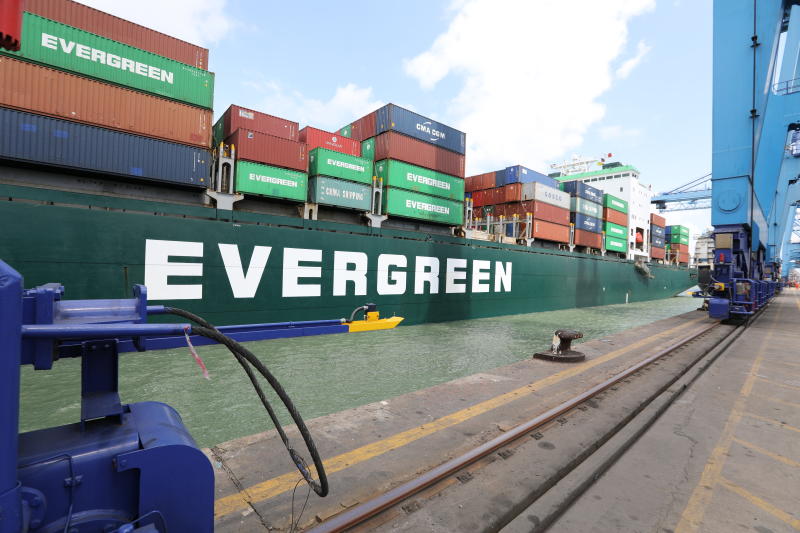×
The Standard e-Paper
Join Thousands Daily

The Government has launched a fruitful war against tax evaders at the country’s borders, going by latest official data.
Figures from the Central Bank of Kenya (CBK) show import duty in the first two months of the current financial year more than doubled to Sh18.1 billion compared with Sh13 billion collected in the same period last year.